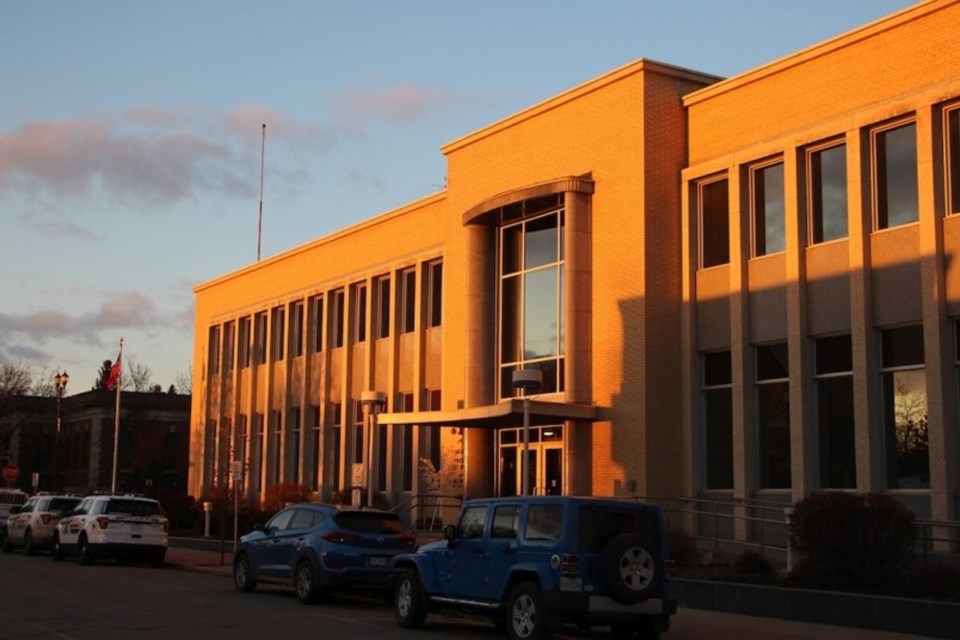YORKTON - There is of course a balancing act when it comes to government spending.
Typically the rule of thumb is to keep initial costs in check, a goal undertaken for a couple of obvious reasons.
On one hand there is a legitimate concern that over-spending will limit the ability to fund future projects, Sure most large projects are funded with borrowed money, and payments can be spread longer term as initial costs rise but yes they do need to be paid in time.
There is also a political reason for keeping costs as low as possible. The higher the price tag, the more dramatic the headline may be, and that will often raise at least some public ire. Public ire means phone calls and street meetings which elected officials of course would prefer not to happen.
But, does it make sense to trim costs which could have longer term savings?
We saw that at the most recent regular meeting of Yorkton Council when a new terminal building for the airport was approved, but it was a revised plan at the request of Council. The original proposal was deemed too expensive so things were trimmed – things including removing solar panel readiness.
There is increasingly a push to see buildings – especially public buildings – opting for alternate energy sources.
Hayden DeGrow archivist with the City of Yorkton, touched on that in a recent presentation at Heritage Day at the Yorkton branch of the Western Development Museum.
In the presentation DeGrow noted, many museums, both in Saskatchewan and across the world, utilize fossil-fuel-powered facilities and machinery, a technology that is rapidly becoming obsolete in societal eyes. Old trains, tractors, and road vehicles that run off of diesel, gas or steam from coal or oil are in serious danger of being forgotten as their fuel sources become less popular or even less available. On top of this, many old buildings that are unable to be retrofitted with cleaner sources of heating and power are being brought into question.
So one would imagine government would be looking at preparedness as a priority – especially as cost now could reduce operational costs in the future.
Of course in Yorkton geothermal heat was briefly considered for the Gallagher Centre expansion and refurbish, but was trimmed as an initial cost cut.
And of course there is no green energy aspect to the new Deer park Golf Course clubhouse either.
It’s not just a municipal issue to be considered either.
Were solar panels even considered for the large, flat roof at Yorkton Regional High School when the major refurbishing was carried out? Yes, it would have raised cost, but green energy could lower costs over time too, so should have been high on the list to move forward.
Keeping capital costs in check is important, but some things that add to initial budgets are still worth adding to plans.






